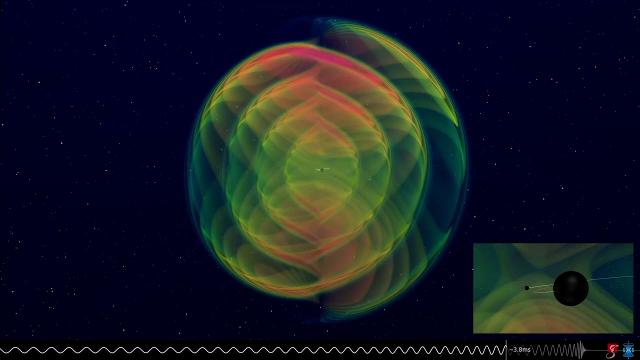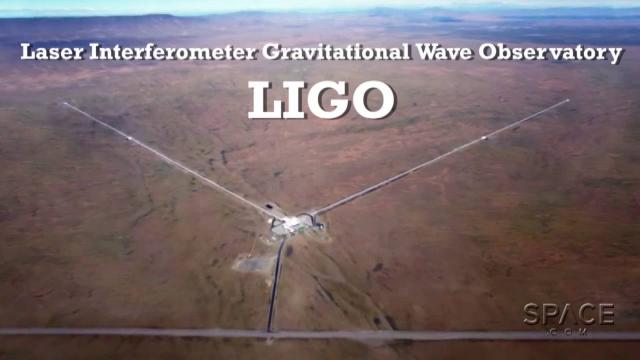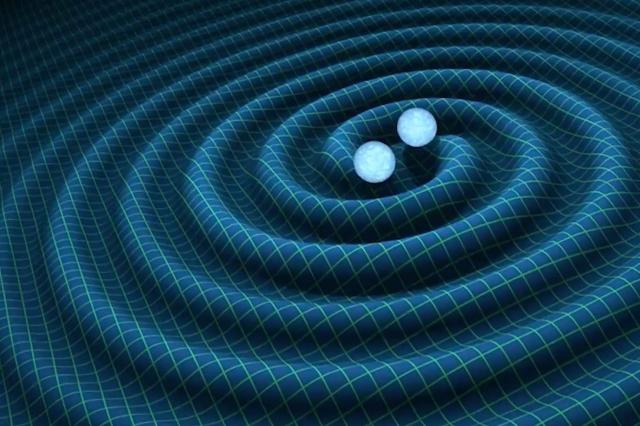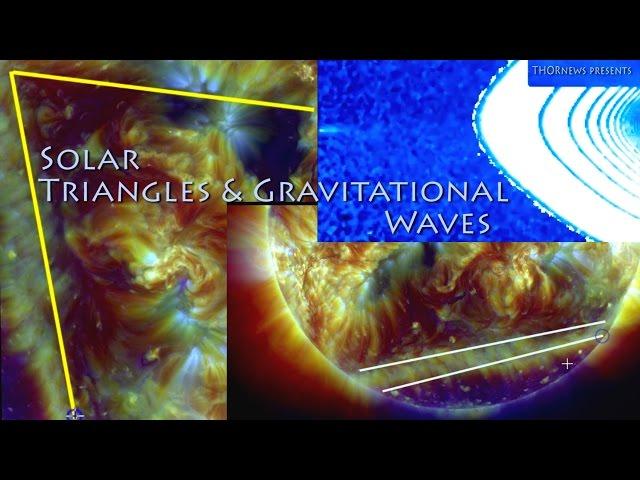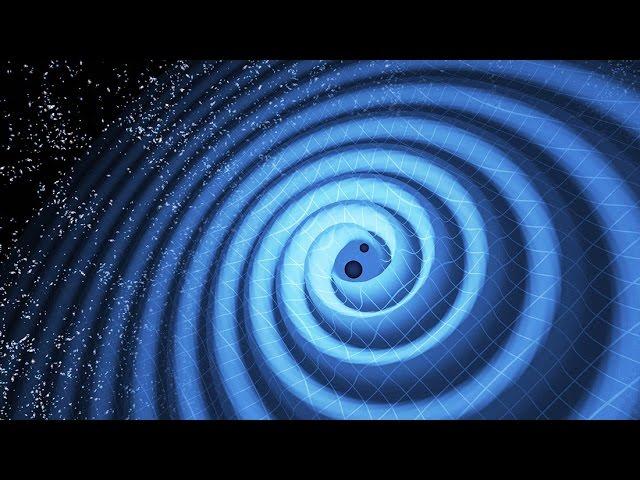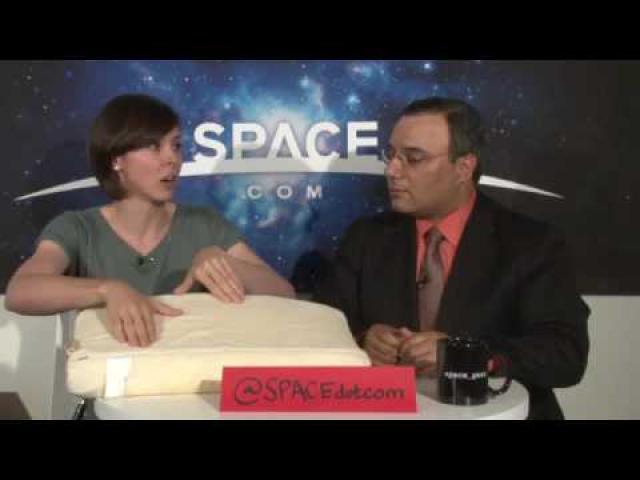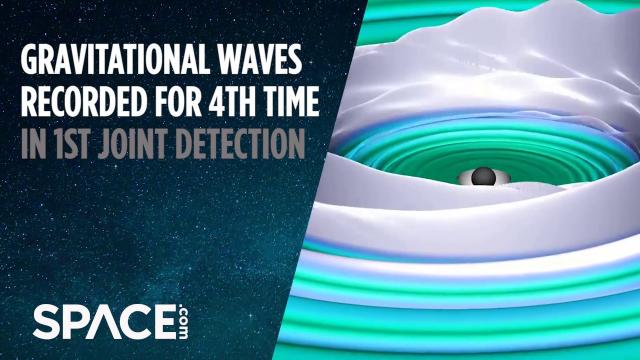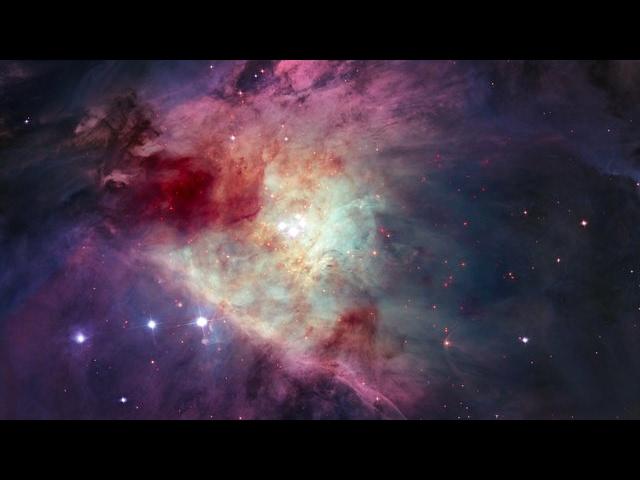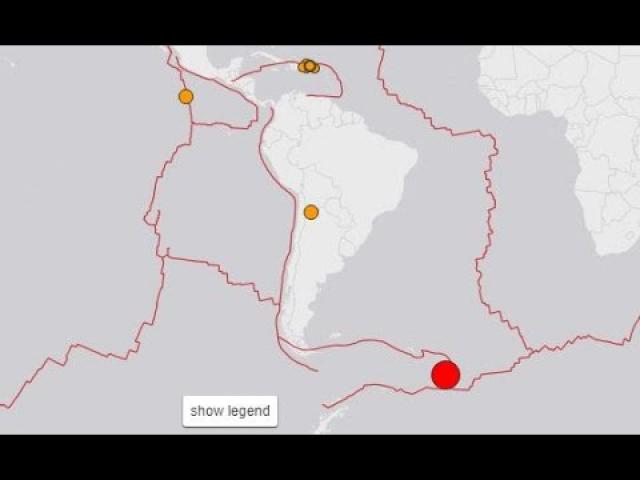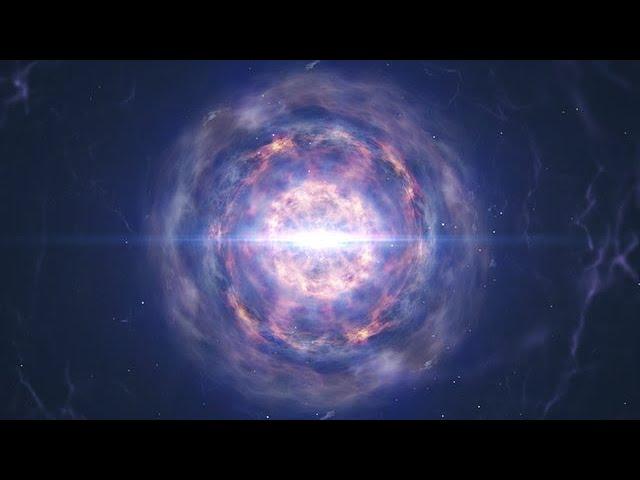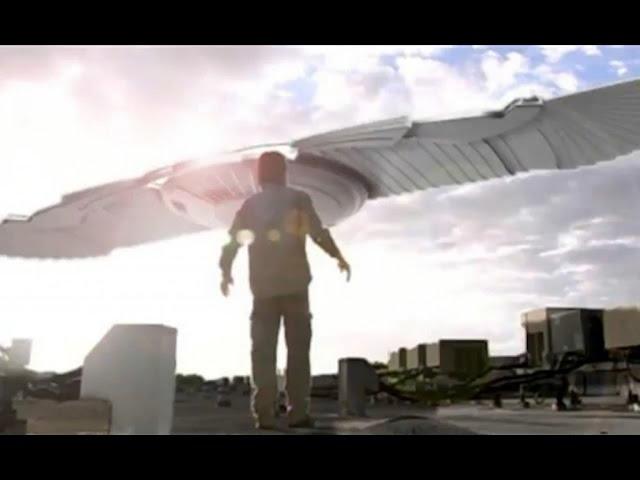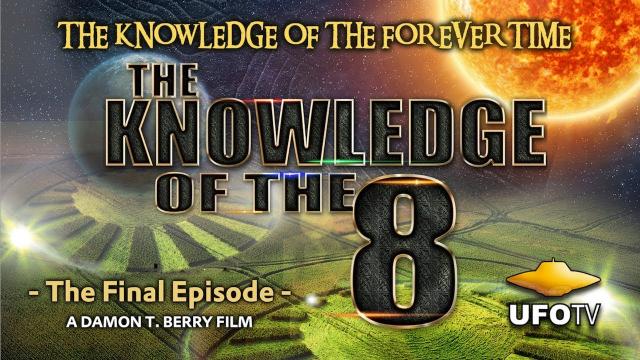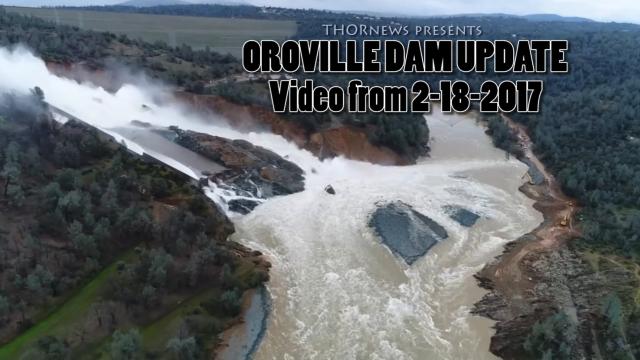How Do You Detect a Black Hole? LIGO and the Measurement of Gravitational Waves
Description
Until 2015, scientists could only infer the existence of theoretical black holes. But everything changed when the LIGO experiment detected gravitational waves from the collision of two binary black holes 1.3 billion light-years from Earth. In this program, Brain Greene talks to Vicky Kalogera, a leading member of the LIGO Collaboration, about the inner workings of the LIGO detector—the most accurate measuring device humans have ever built—and what we've learned about black holes and the fabric of the universe since this monumental discovery.
PARTICIPANT: Vicky Kalogera
MODERATOR: Brian Greene
MORE INFO ABOUT THE PROGRAM AND PARTICIPANTS: https://www.worldsciencefestival.com/programs/darkness-visible-shedding-new-light-black-holes/
This program is part of the BIG IDEAS SERIES, made possible with support from the JOHN TEMPLETON FOUNDATION.
- SUBSCRIBE to our YouTube Channel and "ring the bell" for all the latest videos from WSF
- VISIT our Website: http://www.worldsciencefestival.com
- LIKE us on Facebook: https://www.facebook.com/worldscience...
- FOLLOW us on Twitter: https://twitter.com/WorldSciFest
TOPICS:
0:07 - Einstein’s theory on gravitational waves
3:18 - Vicky Kalogera intro
3:57 - What is LIGO?
5:57 - How did LIGO detect gravitational waves?
7:40 - What causes gravitational waves?
10:25 - What was the signal like when the waves were generated?
12:56 - Converting the gravitational wave signal into sound
18:40 - Calculating and simulating gravitational waves
20:21 - Detecting neutron star collisions
25:38 - What did we learn from the neutron star collision discovery?
28:26 - How are these discoveries testing Einstein’s theory of general relativity?
This program was recorded live at the 2018 World Science Festival and has been edited and condensed for YouTube.
Watch the full unedited program here: https://youtu.be/3JE_KMfuEWk

